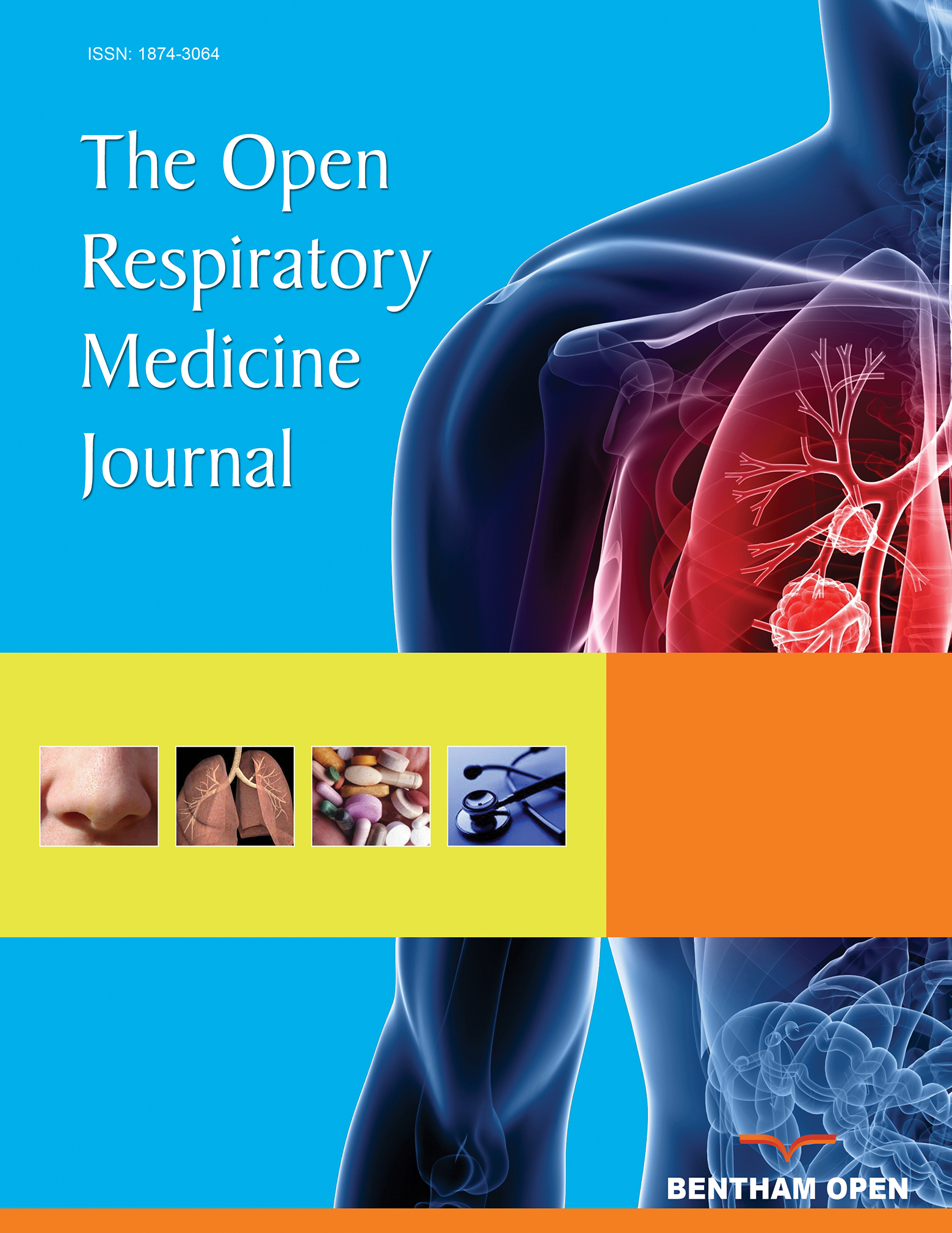All published articles of this journal are available on ScienceDirect.
Neglected Respiratory Toxicity Caused by Cancer Therapy
Abstract
When a patient with lung cancer presents non-specific respiratory symptoms there are many diagnostic options. Chemotherapy is the cornerstone of treatment in many stages of lung cancer and its toxicity is well known. The main priority is to prevent life-threatening diseases such as lung infection, which can be treated successfully if a prompt, accurate diagnosis is given. Drug-induced pulmonary disease must be avoided at all costs but it is also important to avoid side-effects of drugs which do not directly interfere with respiratory physiology but may impair gas exchange. This review highlights the risks and characteristics of non-cytostatic-induced lung toxicity caused by agents that have been commonly used to treat cancer in recent decades. Physicians should be alert to the possibility of this neglected non-chemotherapy-induced lung toxicity in cancer patients, since early withdrawal of the offending drug is mandatory.


